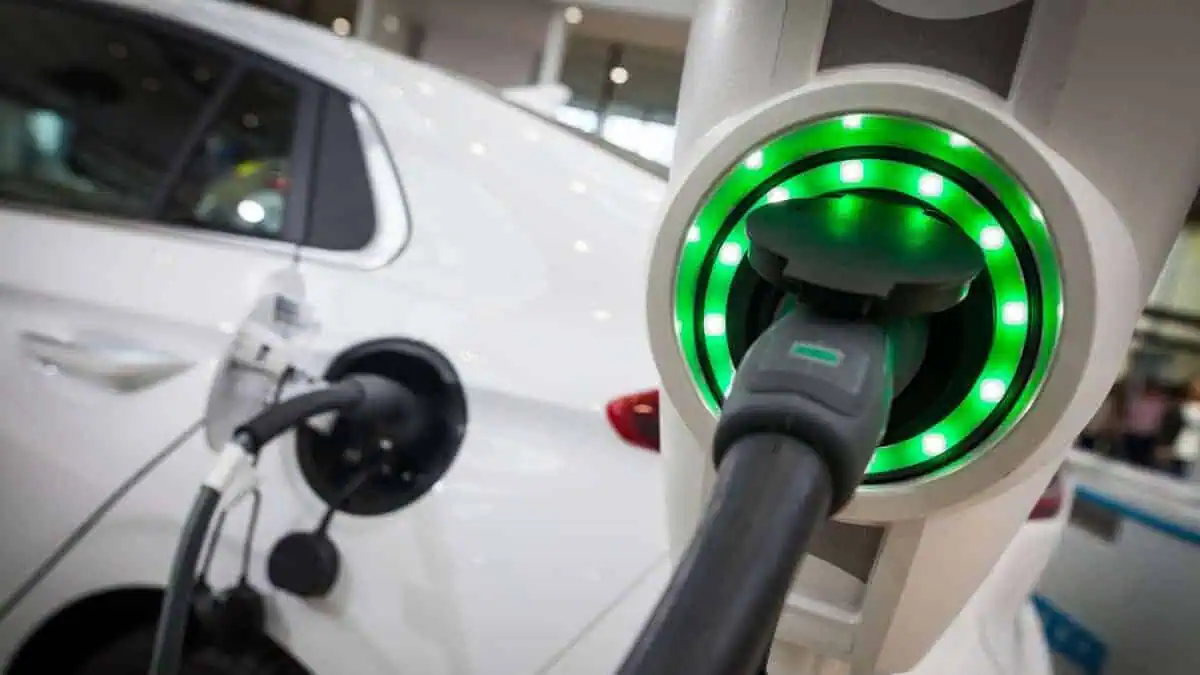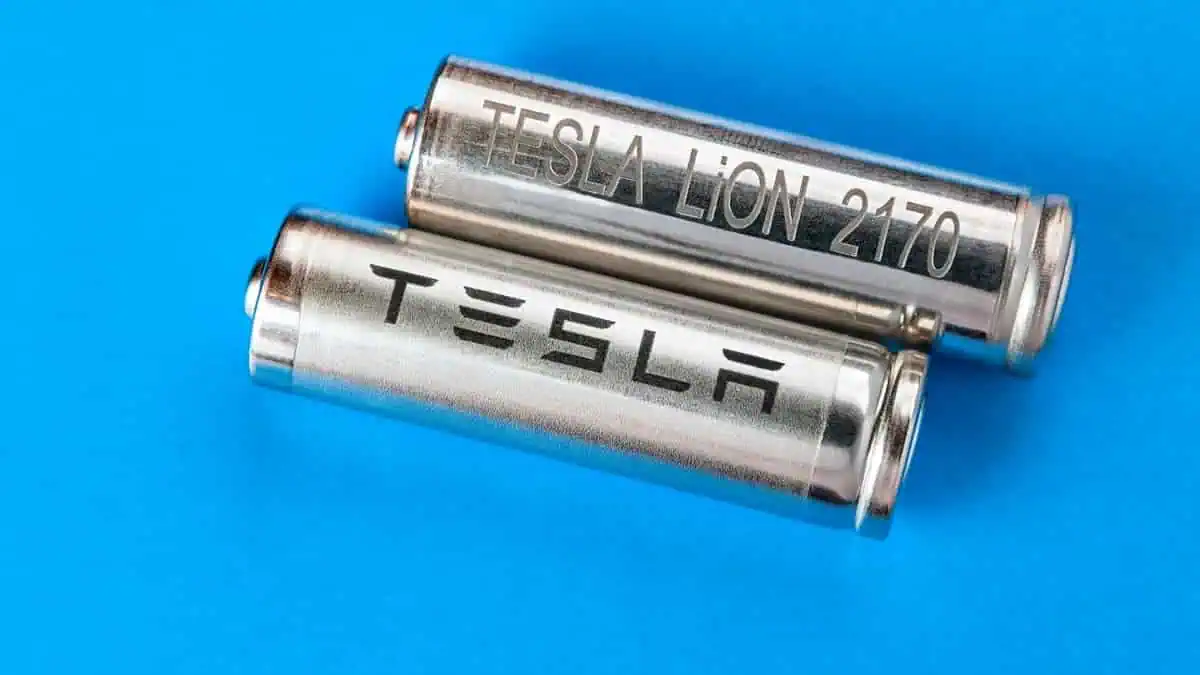Several major automakers, including Volkswagen and Stellantis, are on the hook for hefty fines unless they manage to ramp up electric vehicle production by year’s end, GB News reported.
UK fines threaten carmakers who fall short on EV production
The UK government announced the Zero Emission Vehicle mandate at the beginning of the year. The new legislation aims to push automakers to boost their clean energy vehicle production.
It initially requires automakers to have zero-emission vehicles account for at least 22% of their overall sales by the end of 2024, before the 2030 and 2035 deadlines.
Halfway through the year under the ZEV mandate, estimates suggest that automakers might only need 18.2% of their remaining sales to be EVs to comply. It equates to an increase of roughly 1,800 electric cars sold compared to their typical numbers.
However, New AutoMotive’s latest data showed that several automakers could face fines of £9,000 per van and £15,000 per car for falling short of the 22% target.
VW, Stellantis among brands at risk
Latest data revealed that Volkswagen currently has a ZEV credit shortfall of 10,996 despite selling six popular EV models, including the ID.3 hatchback, ID.4 and ID.5 SUVs, ID.7 saloon, ID.7 Tourer, and the ID. Buzz van.
Considering the £15,000 maximum fine per vehicle, the German automaker would owe nearly £165 million.
VW sold over 172,000 cars in the UK market over the past calendar year, but battery-electric vehicles only accounted for 11.7% of that total.
Apart from Volkswagen, multinational automaker Stellantis also has a ZEV credit shortfall of 5,364. It equates to £80.5 million in fines.
Other automakers, including Aston Martin, Ford, Honda, Mazda, Nissan, Renault, Suzuki, and Tata, also have a ZEV credit shortfall, which could prompt them to trade or pay for credits.
New law requires 22% of sales to be EV, rising to 100% by 2035
According to GOV.UK, 80% of new cars and 70% of new vans sold in Great Britain must be zero-emission vehicles by 2030. These rates will increase to 100% by 2035.
This guideline aligns with the Prime Minister’s pragmatic decision to delay the ban on new diesel and petrol cars from 2030 to 2035. It advances the UK’s position to catch up with other major global economies such as France, Germany, Sweden, and Canada.
“Alongside us having spent more than £2 billion in the transition to electric vehicles, our zero emission vehicle mandate will further boost the economy and support manufacturers to safeguard skilled British jobs in the automotive industry.”
Technology and Decarbonisation Minister Anthony Browne said in a January press release
New AutoMotive CEO Ben Nelmes also recently commended the progressive adoption of electric vehicles, which accounted for 17.9% of new vehicle sales in the country. Hybrid EVs comprised 27.9% of the market in May 2024, just behind petrol cars (40.1%).
“This month’s data tells a story not only of a growing market but a maturing market with growing consumer choice as brands respond to the UK’s world-leading Zero Emission Vehicle mandate by growing their range of electric options.
With the General Election campaign underway, these results show a strong swing toward electric cars. Whoever forms the next Government should commit to maintaining the UK’s leadership on cleaner, cheaper transport.”
New AutoMotive CEO Ben Nelmes
That said, the UK’s Zero-Emission Vehicle (ZEV) mandate will significantly boost electric automakers like Tesla and BYD, as they already have a 100% EV lineup. However, it will also put more pressure on other automakers like VW and Stellantis, as they struggle to meet the sales target by the end of 2024.






